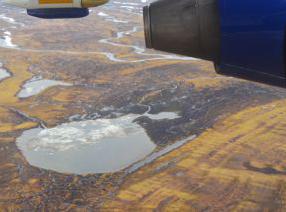News
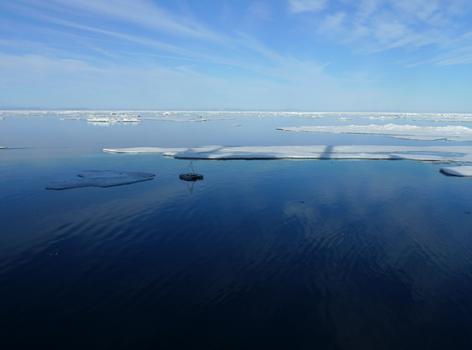
News: Ocean life triggers ice formation in clouds
Researchers from the ARP have shown for the first time that phytoplankton (plant life) in remote ocean regions can contribute to rare airborne particles that trigger ice formation in clouds.
More information on this article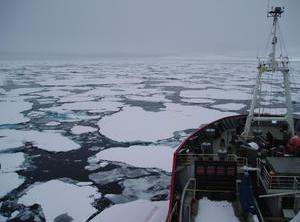
Press release: Submarine data used to investigate turbulence beneath Arctic ice
Using recently released Royal Navy submarine data, researchers at the National Oceanography Centre (NOC) have investigated the nature of turbulence in the ocean beneath the Arctic sea-ice.
More information on this article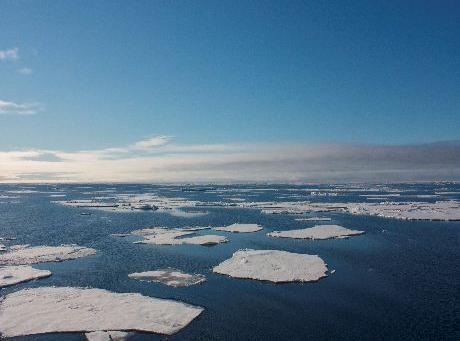
Press release: Tides stir up deep Atlantic Heat in the Arctic Ocean
Researchers have identified how warm Atlantic water that is flowing deep into the Arctic Ocean is mixing with colder waters above to contribute to sea-ice loss in the Arctic.
More information on this article
NEWS: Nine Collaborative research projects awarded within JPI Climate
The European Joint Programming Initiative on Climate: “Connecting Climate Knowledge for Europe” (JPI Climate ) has awarded funding for approx. EUR 10 million to support transnational collaborative research projects.
More information on this article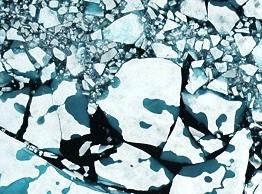
Press Release: Sea ice thickness measurements crucial for Arctic shipping forecasts
Climate scientists from the Arctic Research Programme confirm that detailed information about the thickness of Arctic sea ice is crucial to providing accurate forecasts of where sea ice will melt several months in advance.
More information on this article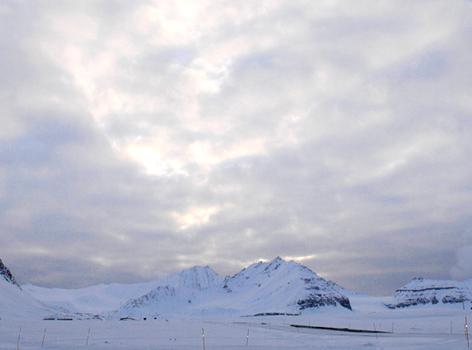
NEWS: High Arctic costs deter business despite thaw
BODOE, Norway, Oct 27 (Reuters) - Despite high hopes for Arctic business from mining to shipping as the ice melts rapidly and temperatures rise twice as fast as the global average, few firms say the sums still make sense.
More information on this article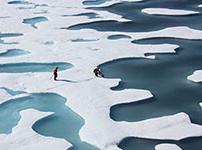
NEWS: Melting Arctic ice link to extreme weather explored
Prof Tom Rippeth from Bangor University will be one of the key speakers at a workshop that is looking at the likely impact of complete loss of Arctic Ocean ice in summer.
More information on this article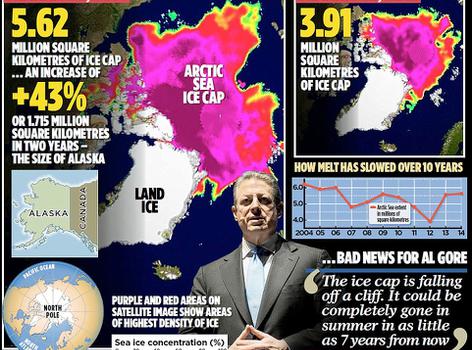
NEWS: Arctic sea-ice extent variability
The UK newspaper "Mail on Sunday" reported that 2014 Arctic sea-ice extent will be substantially greater than the record low of 2012.
More information on this article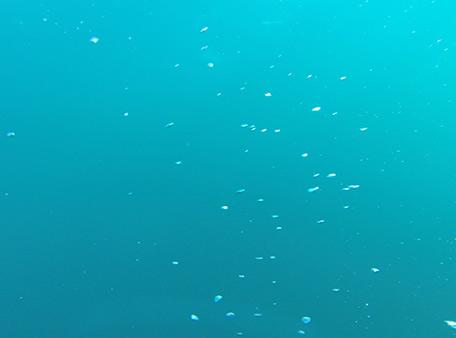
NEWS: Scientists discover vast methane plumes escaping from Arctic seafloor
An international team of scientists aboard the icebreaker Oden – currently north of eastern Siberia, in the Arctic Ocean – is working primarily to measure methane emissions from the Arctic seafloor.
More information on this article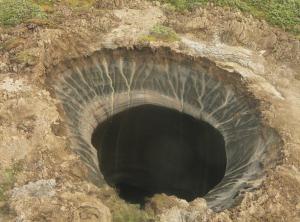
NEWS: Mysterious Siberian crater attributed to methane
An article has been published in Nature on a 30-metre wide crater that was spotted by a helicopter pilot flying over an area in the Yamal peninsula in Siberia in July 2014.
More information on this article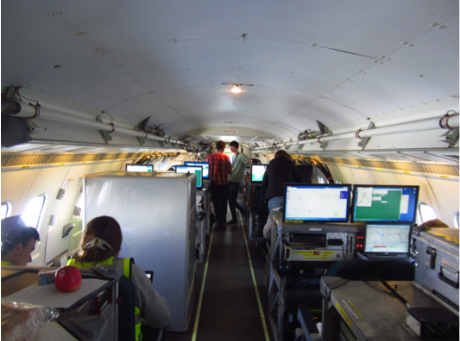
BLOG: MAMM - Flying in the land of the midnight sun
Ines Heimann from the University of Cambridge talks about her first field trip north of the Arctic Circle as part of the MAMM project.
More information on this article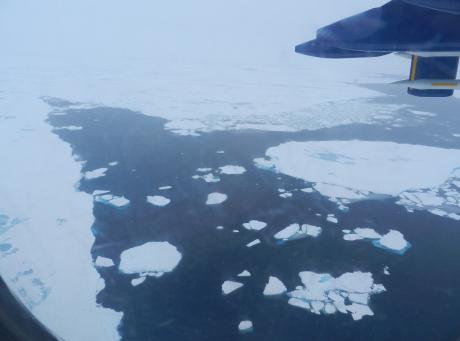
BLOG: MAMM - To Svalbard and beyond
Professor John Pyle, PI of the MAMM project, talks about one of the research flights north of Svalbard.
More information on this article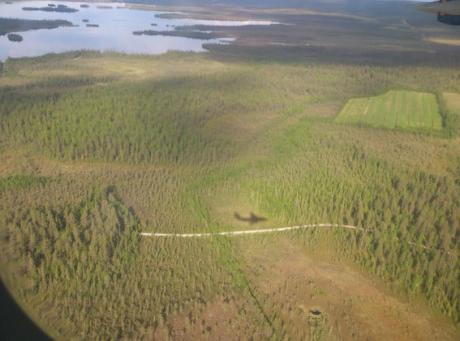
BLOG: MAMM - Magical scenery over the summer Arctic
Michelle Cain, MAMM scientist provides an update on the latest fieldwork.
More information on this article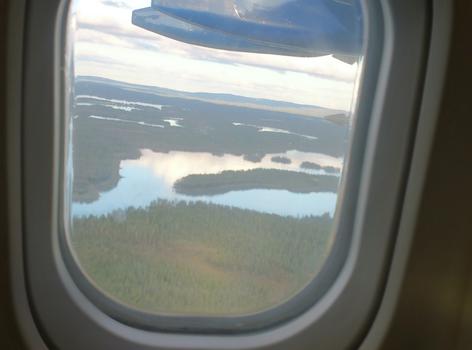
BLOG: MAMM - And as if by magic
MAMM Scientist, Dr Michelle Cain, talks about the final batch of field work for MAMM
More information on this article
News: ABoVE Concise Experiment Plan
The NASA Arctic-Boreal Vulnerability Experiment (ABoVE) Science Definition Team (SDT) has completed the ABoVE Concise Experiment Plan and call for public comment.
More information on this article
News: Accurate forecasts of Arctic summer sea ice one step closer
Scientists can now forecast how much sea ice will cover the Arctic at the end of the summer by measuring the area covered by ponds of water on the ice in spring.
More information on this article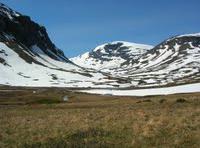
News: WinterNet
Arctic and alpine ecosystems are experiencing greater climate change than many other regions, and some of the greatest changes are occurring in winter.
More information on this article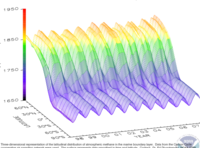
NEWS: The Continued Rise of Atmospheric Methane Concentrations
A new article in Science has discussed the recent changes in atmospheric levels of methane, as well as examining possible drivers for these changes.
More information on this article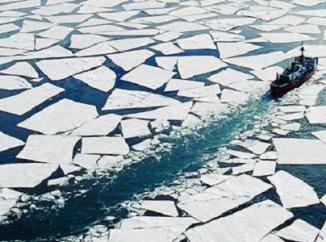
NEWS: Arctic waters emit carbon, though region is carbon sink overall
The Arctic Ocean has long been known as a carbon sink, but a new study suggests that while the cold waters do store large quantities of carbon, parts of the ocean also emit atmospheric CO2.
More information on this article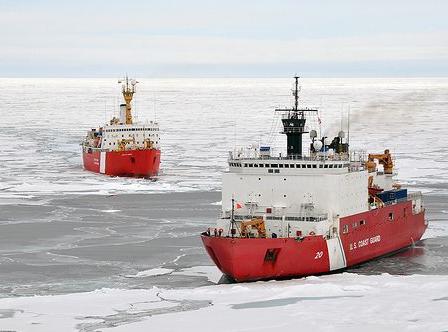
NEWS: Arctic Storms Warming Mean More Methane Released
More storms in the Arctic could lead to an increase in the release of methane into the atmosphere.
More information on this article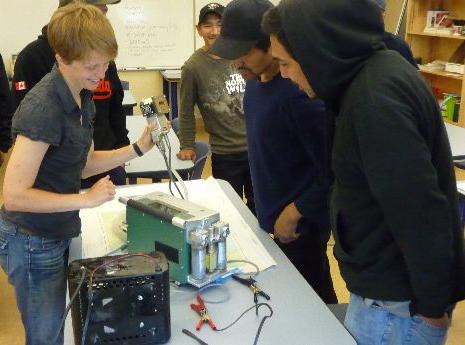
News: Scientists talk to Aurora College students in Inuvik
HYDRA scientists help Inuvik students understand their work during environment training programme
More information on this article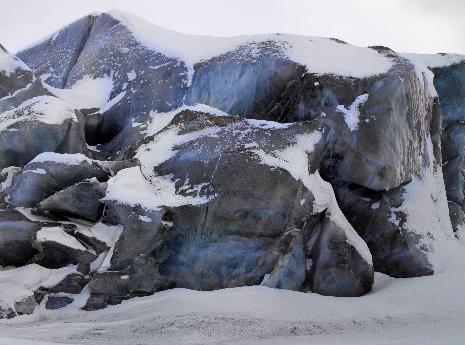
News: IASC Medal Award 2014
Reminder - IASC Medal Award 2014 nominations open
More information on this article
News: Respecting the Arctic, promoting UK interests
New UK report shows that respect for Arctic states, local people and the environment is fundamental to Arctic engagement. It also highlights Arctic Research Programme's importance.
More information on this article
News: JPI-Climate - Announcement of Opportunity: Russian Arctic and Boreal Systems - Call for pre-proposals
Collaborative proposals involving Russia and two other European partners are invited as part of the European Joint Programme Initiative for Climate.
More information on this article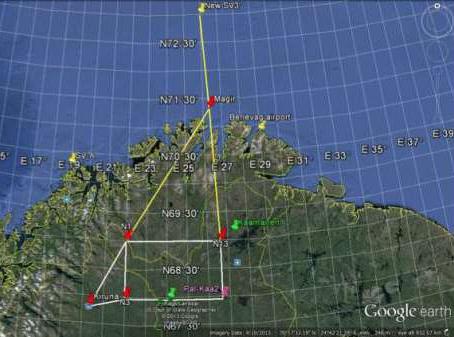
BLOG: MAMM - Photo diary of first science flight
MAMM Scientist, Dr Michelle Cain, talks about the first September 2013 science flight.
More information on this article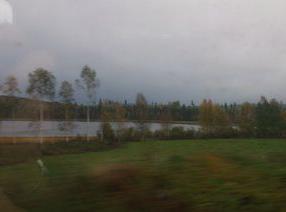
BLOG: MAMM_And so it begins...
Dr Michelle Cain talks about the September 2013 MAMM campaign.
More information on this article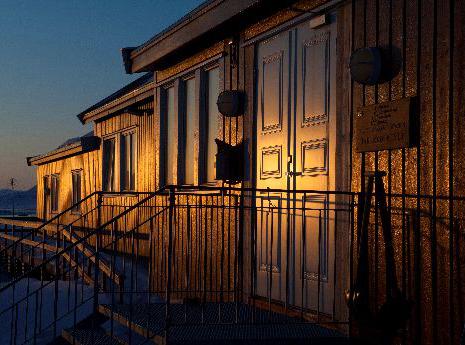
News: Extra section added to website
New features added to website allow users to view publications.
More information on this article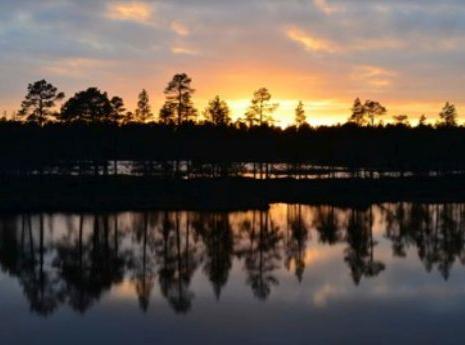
Blog: MAMM Road Trip Part 2 – Top of the Continent to the Baltic
The second part of the MAMM Lapland air sampling road trip – August 12-17, 2013. Top of the Continent to the Baltic – Saturday Aug 17, 16:00 UT
More information on this article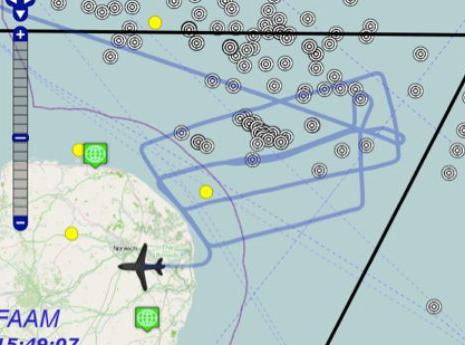
Blog: MAMM - Going home...
On the final day of the MAMM operation our scientists look closer to home, sampling methane production from human sources like gas rigs in the North Sea.
More information on this article
News: Blog featured in Scientific American and Yahoo! News
MAMM blog featured in major scientific science and news sites.
More information on this article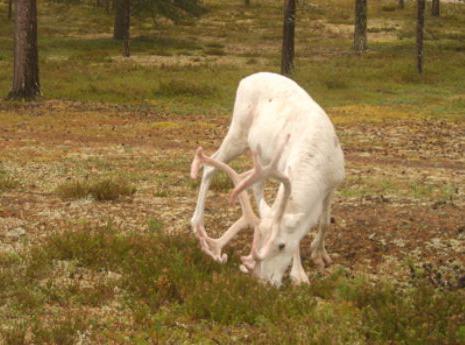
Blog: MAMM - Seeing ghosts; are all methanes the same?
Where our intrepid scientists look for methane and find a spooky icon of the Arctic.
More information on this article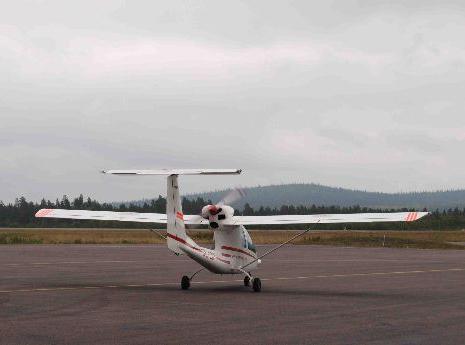
Blog: MAMM - Sunday 19th August flights
MAMM scientist Dr Michelle Cain reflects on the air campaign and a little plane called Sky Arrow
More information on this article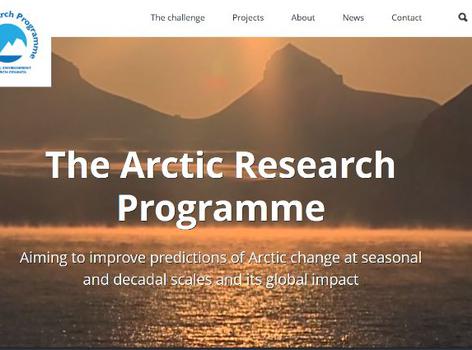
Press release: New website launched for Arctic Research Programme
Arctic Research Programme's new website launched to help explain our science and improve engagement with public, businesses and stakeholders.
More information on this article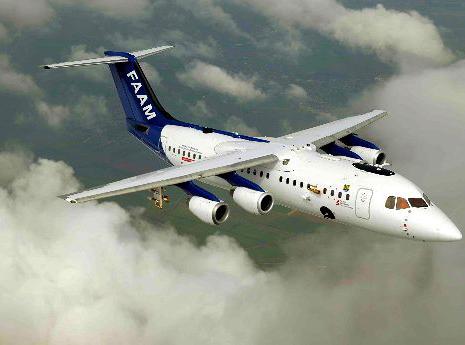
News: Monitoring Earth's Canary
In a special blog for NERC's Planet Earth Online Dr Sam Illingworth explains why scientists work in the harsh Arctic environment.
More information on this article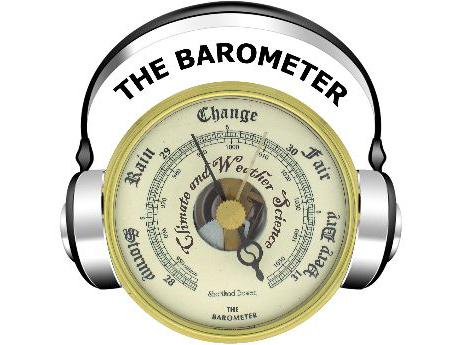
News: Podcast team interview MAMM scientists
Manchester University's Barometer team interview MAMM project members.
More information on this article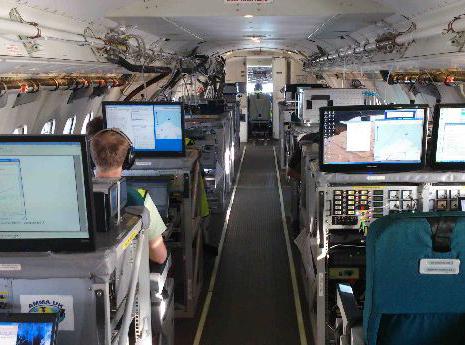
Blog: MAMM - Second day of flying
Second day's flying for the MAMM team as they see more methane than during their previous day's flying.
More information on this article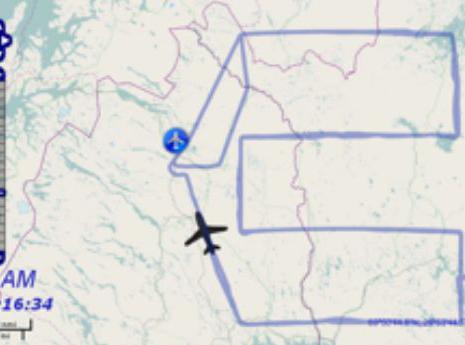
Blog: MAMM - First full day of flying
The red and the blue team take to the skies.
More information on this article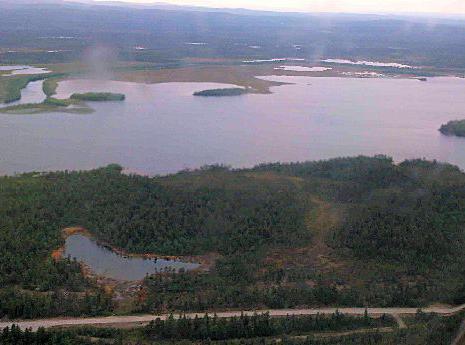
Blog: MAMM - First science flight
The update reveals how all of the mission scientist got onto the first flight - and how our scientist on the roadtrip spotted the flight go overhead.
More information on this article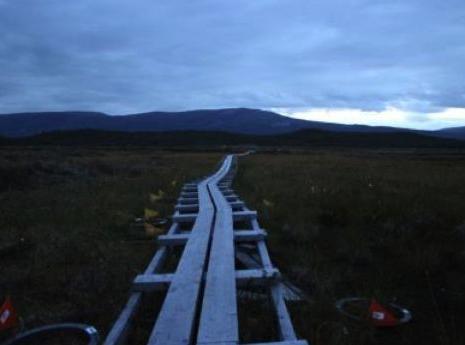
Blog: MAMM - A night in Stordalen wetland, Abisko
Dr Rebecca Fisher, of Royal Holloway University of London, tells us why she's staying up all night in an isolated wetland.
More information on this article
Blog: MAMM - Transiting to Kiruna
Dr Jennifer Muller, University of Manchester details her work aboard the FAAM aircraft for the MAMM project.
More information on this article
Blog: MAMM - And in the blue corner...
Dr Grant Allen, University of Manchester tells us how a converted passenger jet with all the seats ripped out is the perfect platform for scientific research.
More information on this article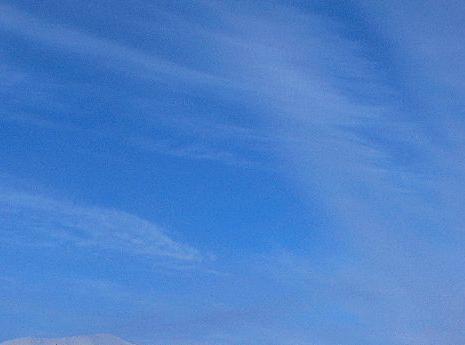
Blog: MAMM - Mr Blue Sky
Dr Sam Illingworth, of The University of Manchester, details his work for MAMM, and reveals a love of a classic ELO song.
More information on this article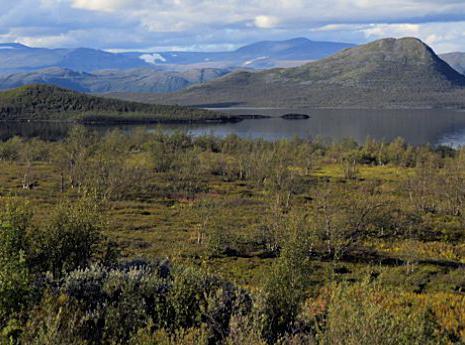
Blog: MAMM - Road Trip Part 1, "In the beginning"
MAMM scientist Dave Lowry is out on a demanding road trip, taking samples and finding his porpoise.
More information on this article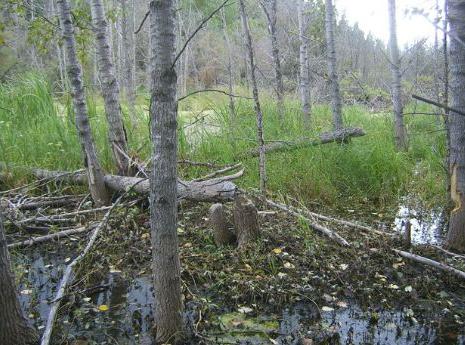
Blog: MAMM -Methane and Mosquitoes
While most of the MAMM team toil in the heavens above, some of the team face more down-to-earth challenges, ike flies and mosquitoes.
More information on this article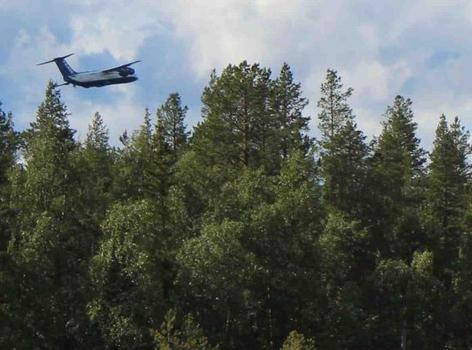
Blog: MAMM - Arctic methane, what’s the story?
MAMM scientist Dr Michelle Cain explains why our scientists are in the Arctic, what the effect of climate change on the region is and why her project is studying methane emissions.
More information on this article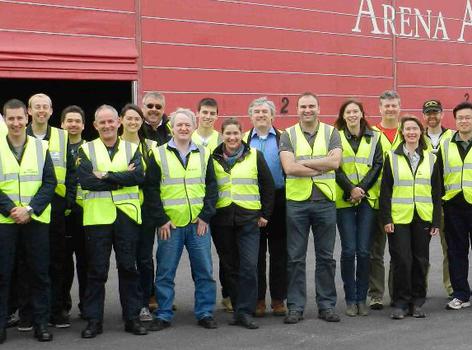
Blog: MAMM's second intensive air campaign to start soon
As the ARP's project to investigate and model the sources of methane gas, its transport and its role in Arctic atmospheric chemistry, gets underway, prinicpal investigator Professor John Pyle muses on the latest campaign.
More information on this article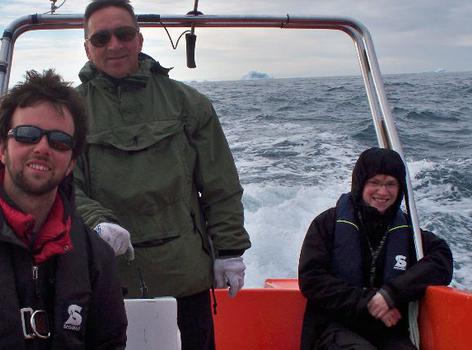
Blog: LAC project at Disko 4 – mosquitoes and icebergs
LAC project latest blog featuring icebergs and more mosquitoes as the intrepid scientists boat and hike to Disko lake 4.
More information on this article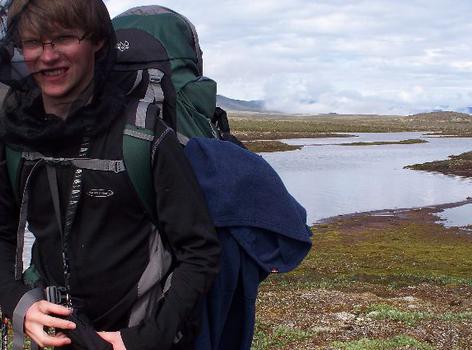
Blog: LAC project fieldwork with bite
Returning from lakes Disko 1 and 2 our team recover from their hard work - and some mosquito bites.
More information on this article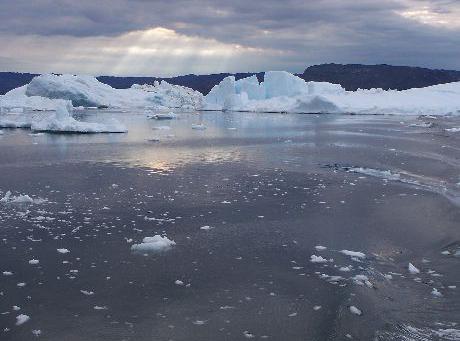
Blog: LAC project arrival at Disko
Arriving at Disko Island (known as Qeqertarsuaq in Greenlandic) the team prepare for fieldwork.
More information on this article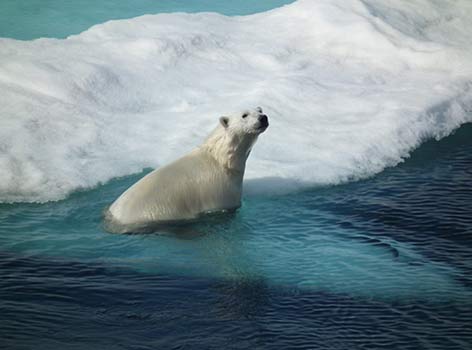
Polar bear sighting during ACCACIA research
Scientists and crew members of a British research ship studying Arctic climate change had a close encounter with one of the Arctic’s iconic creatures after spotting a polar bear. The Royal Research Ship James Clarke Ross is in the Arctic as one of several summer research projects of the Natural Environment Research Council’s Arctic Research Programme (ARP).
More information on this article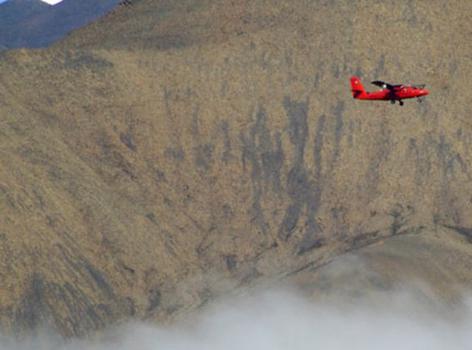
Blog: ACCACIA project sees success and a bit of fog
Success for the ACCACIA flights but fog threatens the mission as the scientists fly high above the sea ice north of Svalbard
More information on this article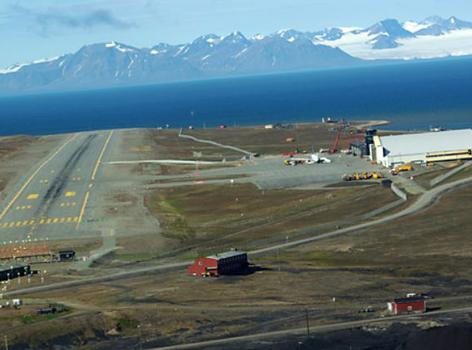
Blog: ACCACIA first science flight
ACCACIA gets its first science flight to the edge of the sea ice but fog prevents flying below 500 feet.
More information on this article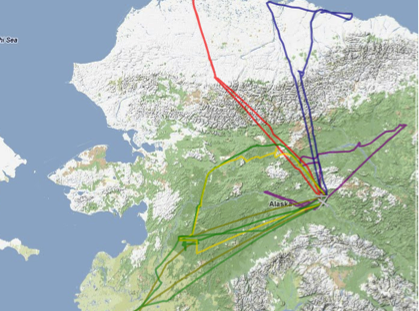
JPL CARVE Project
CARVE (Carbon in Arctic Reservoirs Vulnerability Experiment) has been developed by NASA's Jet Propulsion Laboratory to collect detailed measurements of important greenhouse gases.
More information on this article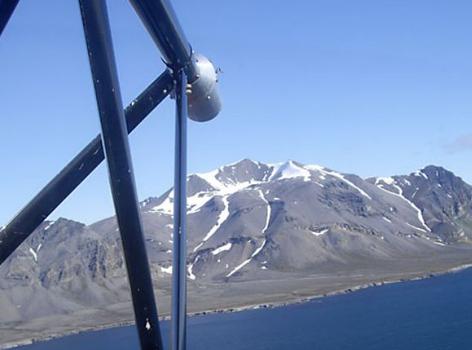
Blog: ACCACIA back in the field
With the ACCACIA team back in the field the lead investigator, Dr Ian Brooks, restarts the project's blog.
More information on this article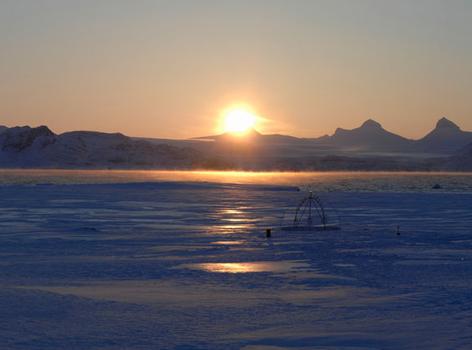
UK Arctic Science Conference 2013
The 3rd UK Arctic Science Conference will take place from Wednesday 18th September to Friday 20th September 2013 and will be hosted by the Scott Polar Research Institute in Cambridge.
More information on this article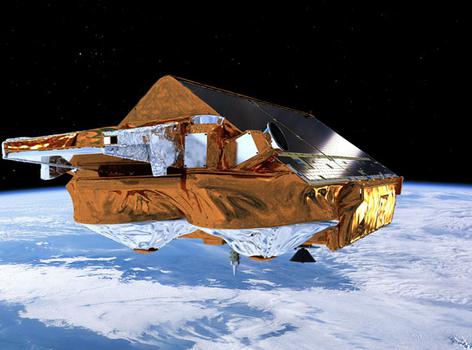
CryoSat-2 reveals 50% higher Arctic summer sea ice loss
Preliminary results from the CryoSat-2 mission show that 900 cubic kilometres of Arctic summer sea-ice has been lost in the past year. This figure represents a 50% higher rate of loss than scientists predicted, which suggests that global warming is having a significant impact on the polar region.
More information on this article
Tribute to Dr Katharine Giles
Dr Katharine Giles was tragically killed in a cycling accident on Monday 8 April. Colleagues pay tribute to the talented young scientist.
More information on this article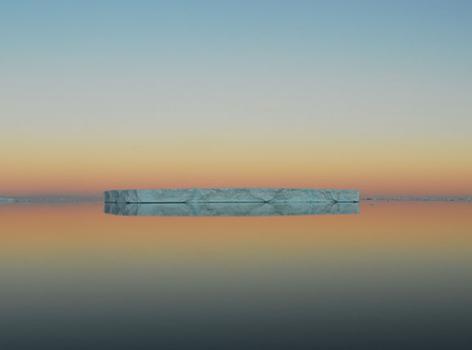
Call for planning letters – ONR Arctic and Global Prediction Program
The Office of Naval Research (ONR) Arctic and Global Prediction Program invites planning letters for research to be funded, beginning in FY14 (starts 1 October 2013).
More information on this article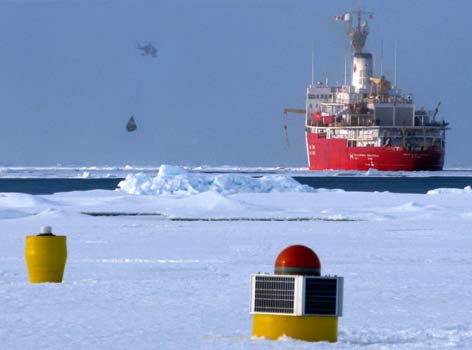
Measuring sea temperatures in the Arctic TEA-COSI research cruise
TEA-COSI, a NERC Arctic Research Programme project, is looking at the behaviour of the Arctic Ocean and it's sea ice, with the aim of reducing uncertainty in the prediction of Arctic climate.
More information on this article
Tribute to Seymour Laxon
It is with a profound sense of shock and deep sadness that we write to inform you of the death of our friend and colleague, Seymour Laxon, following an accident on New Year’s Day.
More information on this article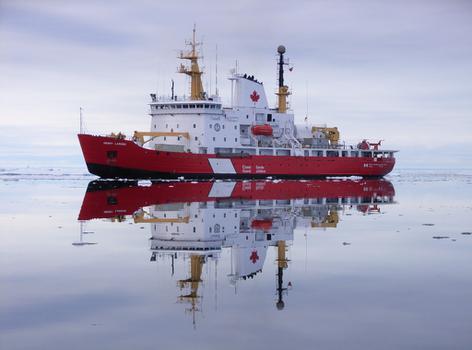
Canadian Arctic Archipelago oceanography
The research of the Oxford University Arctic Ocean Research Programme led by Dr Helen Johnson is an important contribution to the ARP TEA-COSI consortium researching Arctic climate.
More information on this article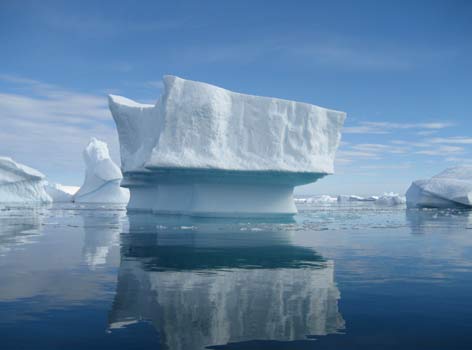
News: APPOSITE featured in NCAS newsletter
APPOSITE's Dr Jonathan Day writes for the NCAS newsletter about the Arctic Research Programme project and its business aims.
More information on this article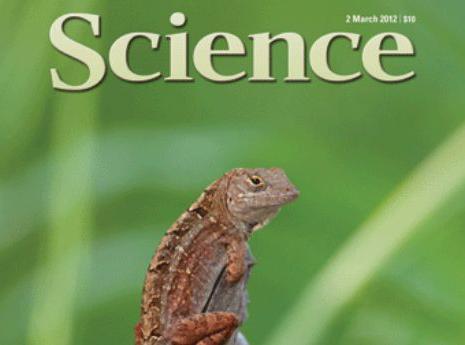
News: Declassified sub data to shed light on Arctic
Science Magazine news story on SEATS project.
More information on this article